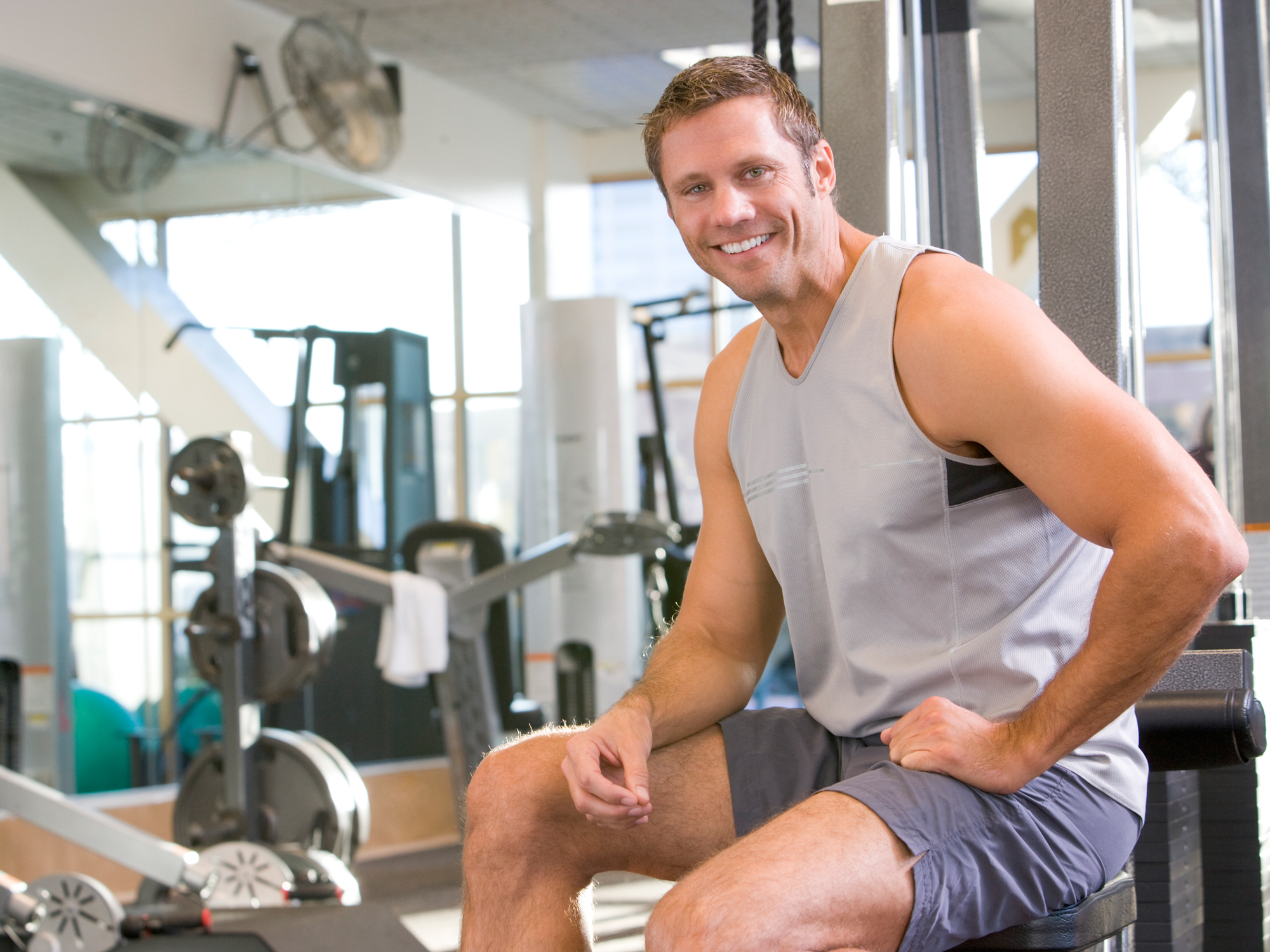Get Easy Health Digest™ in your inbox and don’t miss a thing when you subscribe today. Plus, get the free bonus report, Mother Nature’s Tips, Tricks and Remedies for Cholesterol, Blood Pressure & Blood Sugar as my way of saying welcome to the community!
HGH: The other magic male drug

Testosterone isn’t the only prescription drug offered up to men as the fountain of youth by the burgeoning “antiaging” industry. At many “low T” clinics, human growth hormone — or HGH — is the foundation of the program, especially in image-conscious Southern California, where it is the drug of choice for celebrities and movie stars.
There’s a reason for that. When your HGH is topped off, it promotes cellular repair, helps grow muscles and bones, and aids in the breakdown of subcutaneous fat. Like testosterone, HGH ramps up significantly in adolescence, peaks between age twenty and thirty, then it drops precipitously.
Very low HGH levels can cause a host of negative effects: higher total and bad cholesterol; lower good cholesterol; less muscle tone, strength, and mass, more fat; reduced sports performance; and decreased cognition. No wonder it’s such an easy sell to middle-aged men who feel they’re losing a step.
In the body, HGH is manufactured by the anterior pituitary gland at the base of the brain, and it is secreted in pulses throughout the day. In a lab, it’s derived from E. coli bacteria or mouse cell lines in a form that is “bioidentical,” or chemically indistinguishable from the stuff your brain pumps out. In order to work, you need to inject it regularly into your calves, glutes, or thighs — once a day being standard protocol.
Like testosterone, it seems to “work” in a broad sense, though each person’s response to injected HGH is unique. Some report improved complexion and eyesight, less fat and more muscle mass, increased energy and capacity to exercise; others feel and see very little difference.
Downsides? Expense, for one. You’ll shell out about $750 per month for the normal regimen — assuming you’re taking it legally, under a doctor’s supervision. Go rogue, and who knows what you’ll wind up taking — or how many years in the slammer you’ll get for trafficking in illegal medications if you’re caught (usually about five).
Controlled doses of HGH are relatively safe. Some people report short-term temporary disruptions in their blood sugar regulation. However, taking too much over a long period of time may start to give you that suave Neanderthal look that women love so much: the big brow, big jaw, and big hands evident on Barry Bonds after his years on performance-enhancing drugs. It’s not a look that’s terribly popular on singles night. Plus, it’s permanent, and the effects of taking too much HGH can ultimately lead to kidney failure, heart disease, high blood pressure and diabetes — just the kind of age-related problems you’re trying to stave off.
Want a completely free, totally natural HGH boost that comes with zero negative side effects? Hit the gym and hit the sack. Another option? Consider supplements. Studies show that both aerobic exercise and resistance training result in an exercise-induced growth hormone response — known as an EIGR — as long as you work intensely for at least ten minutes. The biggest natural hit of HGH, however, occurs while you’re sleeping — so if you’re skimping on Zs, you’re skimping on HGH as well. Yet another reason to get your seven to eight hours in!
You can read more about natural HGH and testosterone secrets in my book: Your New Prime: 30 Days to Better Sex, Eternal Strength, and a Kick-Ass Life After 40












